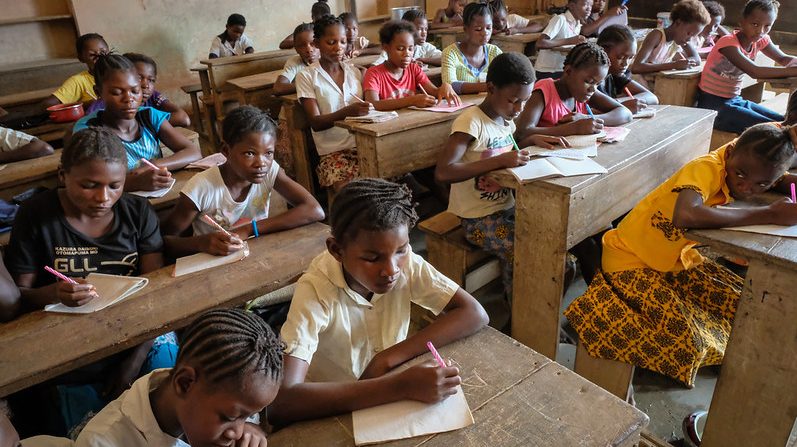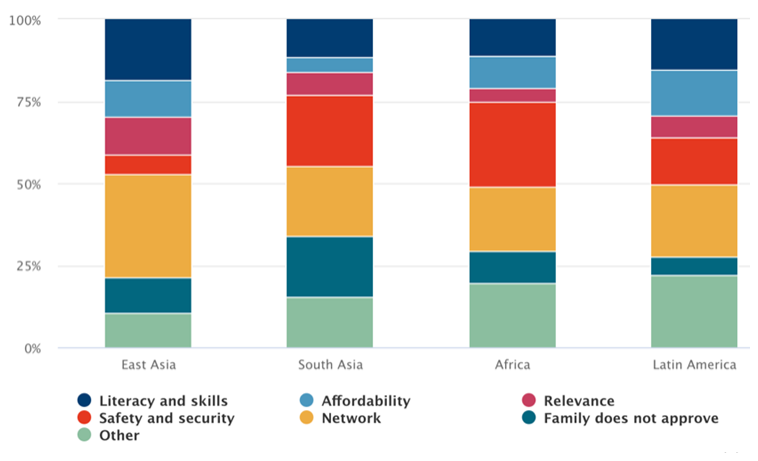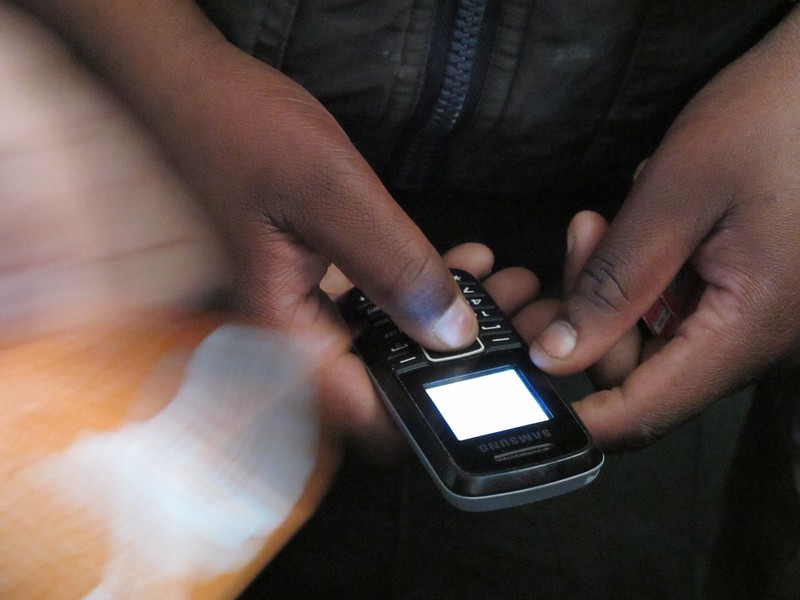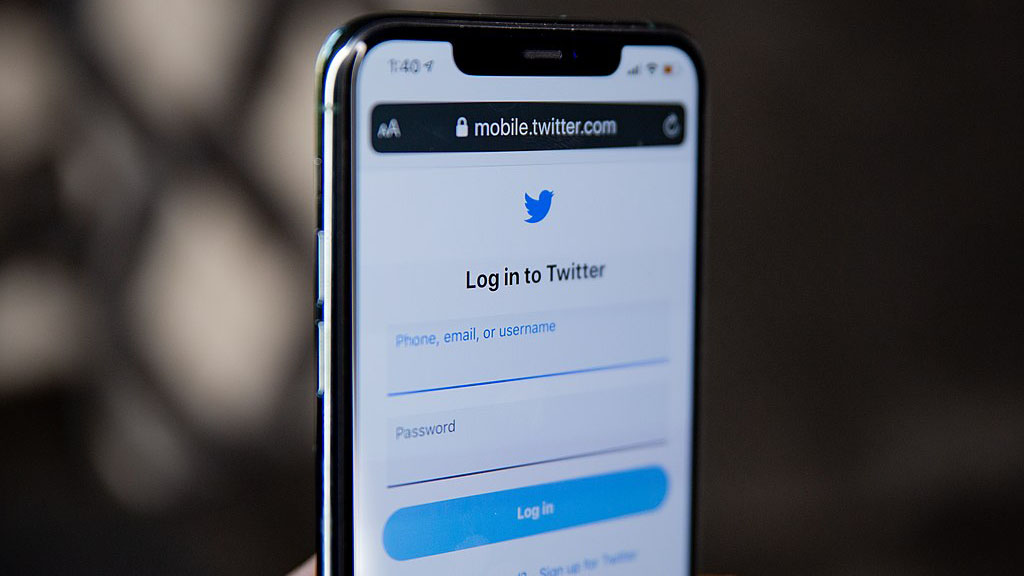Development Studies alum Paulina Walko argues that governments and the private sector must prioritise providing widespread access to fast and affordable internet to drive social and economic development.
Internet access has arguably exploded from being a luxury to a basic need in today’s world. If the COVID pandemic has highlighted one thing, outside of how vastly unprepared most governments and their healthcare systems were for its outbreak, it’s that being connected to the outside world is of vital importance for our survival and general sanity. Whether that be through the transmission and access of news and health information, maintaining supply chains and e-commerce, remote banking, or being able to contact your loved ones. The internet is woven into almost every aspect of our daily lives. This phenomenon birthed the ‘Covid connectivity boost’ concept, with 17% more people online since 2019, according to Forbes.
Fast and affordable internet access will arguably be this generation’s greatest leveller
There’s economic reasoning behind why greater connectivity is a positive thing. The internet means access to greater information, communication and social networks, and resources that improve education, health, and career prospects. These work to improve individual living standards and contribute positively towards the overall economy through increases in talent, productivity, and GDP. With this in mind, internet access is essentially a public service.
However, most countries in the developing world aren’t privy to such luxuries, and the connectivity they experience is highly unequal or entirely non-existent. In fact, of the 2.9 billion still offline, an estimated 90% of them live in developing countries. A lack of digital inclusion also exacerbates existing inequalities in already-marginalized groups of people such as the poor, women, and youth – especially in rural areas, leaving them further behind in this new digital era.
With the internet capable of transforming economic opportunities in the developing world, why do we see such divides? The investment is there. However, there still exist many barriers to usage. These include the high cost of internet-enabled devices, the need for awareness, and digital skill gaps.
It’s not all doom and gloom, however. According to the earlier Forbes study: “the strong growth since 2019 was largely driven by increases in developing countries, where Internet penetration climbed more than 13%. The average increase in the 46 United Nations’-designated Least Developed Countries (LDCs) exceeded 20%.”
Can internet access drive economic development? If so, through which channels?
Greater access to education and opportunity is one of them. According to the World Bank, over half of the world’s out-of-school children live in Sub Saharan Africa (SSA). Access to and quality of education have been named as two of SSA’s greatest challenges towards socio-economic development. The internet and its ability to gather and share knowledge is a potentially helpful solution to these issues as it contributes to better and more diverse access to information through distance and online learning. By providing children with access to the best educational tools, making technology commonplace can give students the confidence to join the Internet-enabled, technologically advanced, modern economy, making it easier to acquire skills and develop social networks.

Through internet access, individuals are able to gain access to more of the modern economy by rejuvenating traditional activities. Those who live in remote areas can easily take out microloans, participate in e-banking, and more, driving business transformation and economic modernisation. With a more connected population, graduating students and adults alike have more tools when entering the job market, can find and have more access to money and micro-loans to start their businesses, and become consumers of online goods and services. Information and communication technology is driving the new ‘knowledge-based’ and capacity-building economy in the developed and developing world.
The supply side of digital connectivity can directly affect the productivity of firms, workers, and other inputs in the production process by allowing workers to carry out tasks more rapidly and to higher standards of quality by using internet-based technologies. Studies considering Vietnam, Brazil, and Nigeria suggest this is especially the case for female workers and Small and medium-sized enterprises (SMEs), which are essential drivers of economic development in SSA, accounting for about 90% of all businesses.
On the demand side, firms with access to the internet can sell more of their products by increasing a buyer’s ability to access markets and the availability and quality of information on products and services being traded, such as e-commerce. A much larger pool of consumers, especially in rural and remote regions, can benefit from expanding their exporting operations.
The challenge is to expand internet access to all
It’s all well and good to preach the need for universal internet access. However, new technologies can create uneven playing fields. To ensure that these exciting technologies realise their potential to contribute to economic growth and social progress, people in developing countries need sustained and thoughtful engagement. Barriers to expanding the internet include usability challenges, infrastructure such as stable and reliable power systems and electricity grids, and cost-effective technology. Indeed, only 26.6% of individuals sampled in Ghana, Kenya, Tanzania, and Zambia believed the internet was easy to use. At the same time, almost half found it difficult to find places to access the internet.
Affordability relates to service pricing and the costs of smartphones, and computers, particularly in remote areas with scarce roads, grid electricity, and low incomes. Literacy and digital skills were also cited as the most significant barriers to access, according to the GSMA survey.

How to close the digital gap?
With internet access now a fundamental of the modern economy, the challenge is for all stakeholders to expand the economic and social opportunities made possible by the internet to the next several billion users. A critical part of this is an enabling regulatory and policymaking environment to open up markets and drive down consumer prices. This ensures that the digital divide doesn’t create or exacerbate existing inequalities.
Supply and demand must be developed in tandem. Infrastructure is still lacking, and we cannot rely on coverage alone as 3G may be insufficient in most places if several children in a household, for example, are trying to access educational content or when a lack of electricity negates its use in the first place. Internet users and their online needs and circumstances are not all the same so we cannot focus on coverage alone. People’s needs should be the focus as there are relatively few projects to develop digital skills and meaningful content to build the market demand for internet access. This leaves a gap between anticipated demand and the ambition for investment in supply, where connectivity in many developing countries is well ahead of its usage.
The governments have a role in utilising the power of the internet as they can influence the shift from labour-intensive production to knowledge-based information industries. It also contributes to developing public-private partnerships to supplement instances where social returns of investments outweigh their personal returns – for example, in rural areas where costs are high, and revenues are low.
Greater internet access can have positive effects on those living in developing countries as it provides employment, micro-entrepreneurial, and social development opportunities for low-income users, which encourages competition. However, it is often not the first thing people look at for improvement, taking place behind immediate requirements such as health care and food or clean water. It is vital, however, in the twenty-first century to allow all people to be included in the digital world economy, not only to make their lives more enjoyable but allow them an essential seat at the table.
The views expressed in this post are those of the author and do not reflect those of the International Development LSE blog or the London School of Economics and Political Science.
Main Image: A woman uses public wifi in a playground via Penn Today.





